Vacation apartments, apartments, rooms and guesthouses in Kamptal Wagram Tullner Donauraum!
Enjoy your vacation in the Kamptal-Wagram-Tullner Danube Region and experience unique vacation apartments!
Tulln an der Donau is a municipality in Austria with 16,556 inhabitants (as of January 1, 2022) and district capital of the district of the same name in the state of Lower Austria.
The town is also called garden city due to the many market gardens with numerous borders.The municipality is located in the Tullnerfeld, which is bordered by the Vienna Woods in the south and the Wagram in the north.
Culture and sights
Tulln is one of the oldest cities in Austria with a preserved ensemble of Gothic and Baroque houses in the city center.
Tulln south of the Danube
Aubad, natural lake on the bank of the Danube, which is used as a bathing lake
Comagena is an area in Tulln, at the time of the Roman Empire an equestrian camp[4]
The ship Regentag by Friedensreich Hundertwasser
Birthplace of the expressionist painter Egon Schiele at Tulln main station
Egon Schiele Museum
Garden Tulln, a permanent facility, emerged from the regional garden show in 2008 of the province of Lower Austria in Tulln on the Danube and the adjacent Water Park Tulln, a floodplain landscape crisscrossed by accessible paths and navigable waterways
Main square with a length of 190*55 meters, with old burgher houses from the Gothic, Renaissance and Baroque periods, as well as the late historic office building of the district administration from 1891, which was built according to the plans of Ferdinand Nebesky, based on the model of a Viennese Ringstrasse palace.
Minorite Church
Minorite Monastery
Nibelungen Fountain: The Nibelungen Fountain is a design of the scene "Meeting of Kriemhild, the Queen of Burgundy, and Etzel, the King of the Huns in Tulln" in the form of a bronze sculpture documentary, created by sculptor Mikhail Nogin. The fountain sculptor Hans Muhr complemented the work of art with an integrative and aesthetic light-water-being composition
Lower Austrian Fire Brigade Museum
Parish Church of St. Stephen, dating back to Romanesque foundation remains from the 11th century; three-nave pier basilica with Gothic extensions from the 12th century. After the city fire in 1752, baroque redesign.
Parish church Tulln-St. Severin
Roman Museum Tulln
Roman tower: from the 4th century, later used as an armory and salt tower (currently used by student fraternities)
Rosenarcade is a shopping center, which was built in March 2008 at the main square of Tulln
Tulln participates in various national and international floral decoration competitions. For example, in 1994 the city won the silver medal and in 2001 the gold medal at the Entente Florale Europe competition. It also received a gold medal in the city category in 2008, the year in which the Lower Austrian Regional Horticultural Exhibition was held.[5]
Tullner Karner, late Romanesque.
Be inspired and find places you don't know yet!
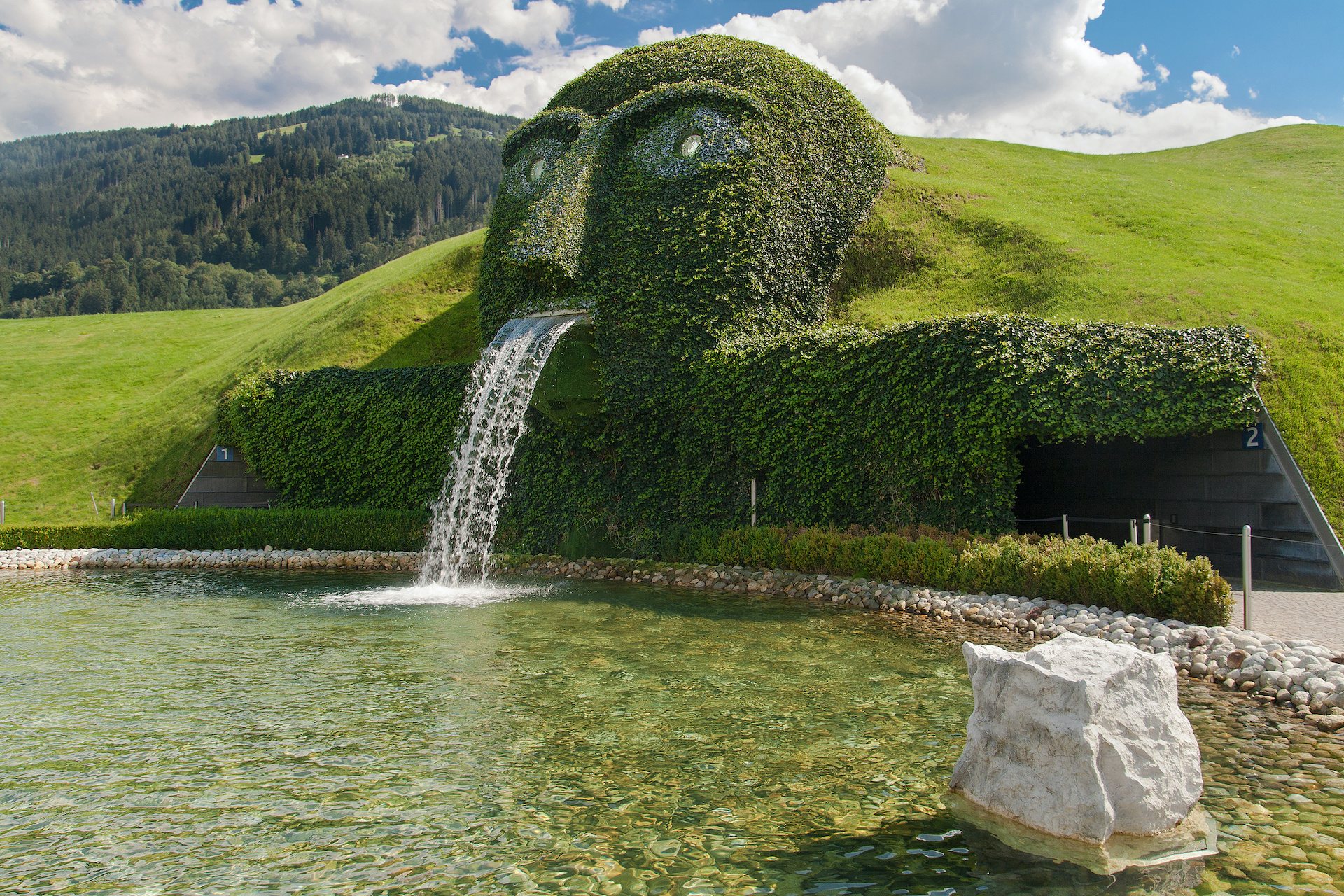
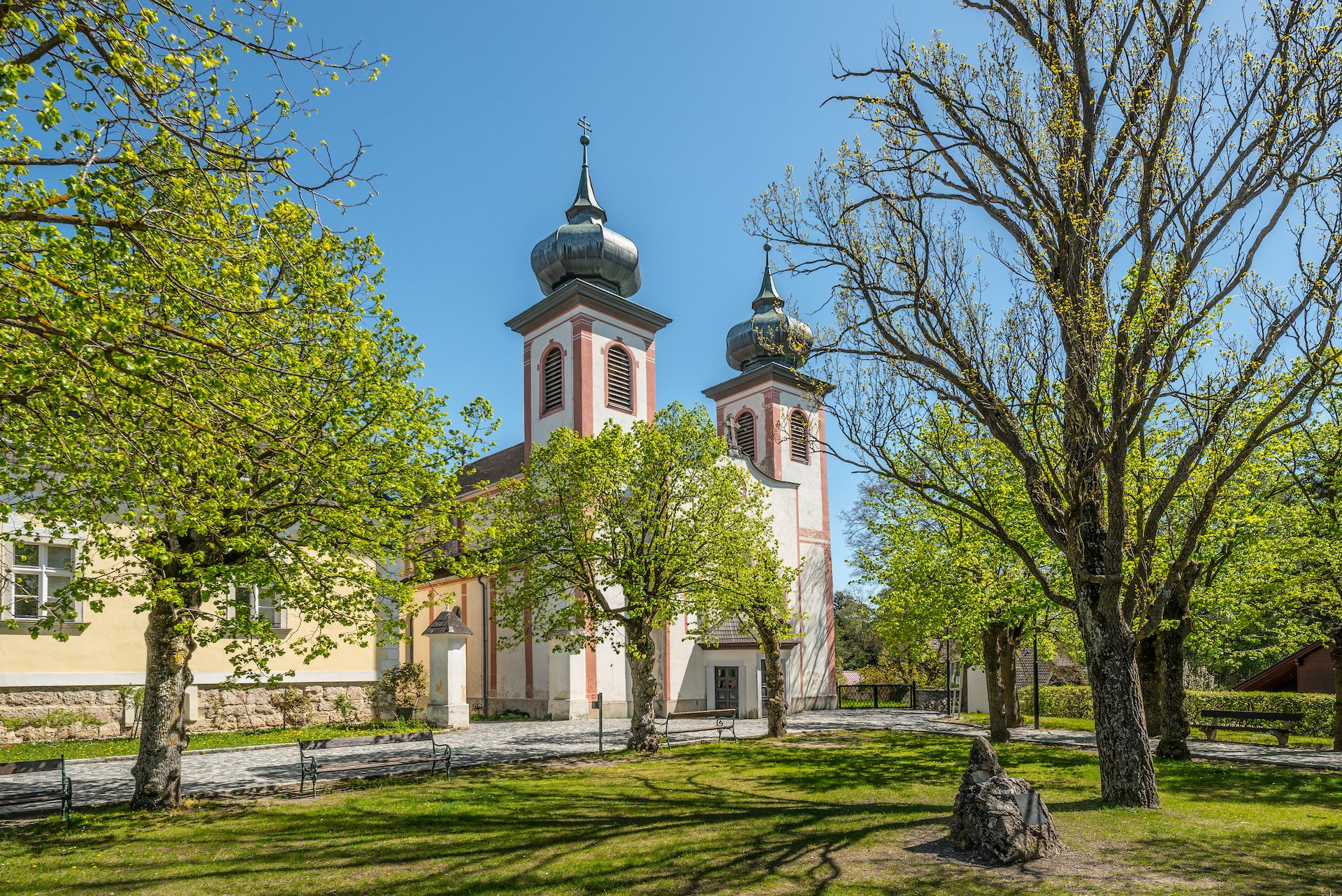
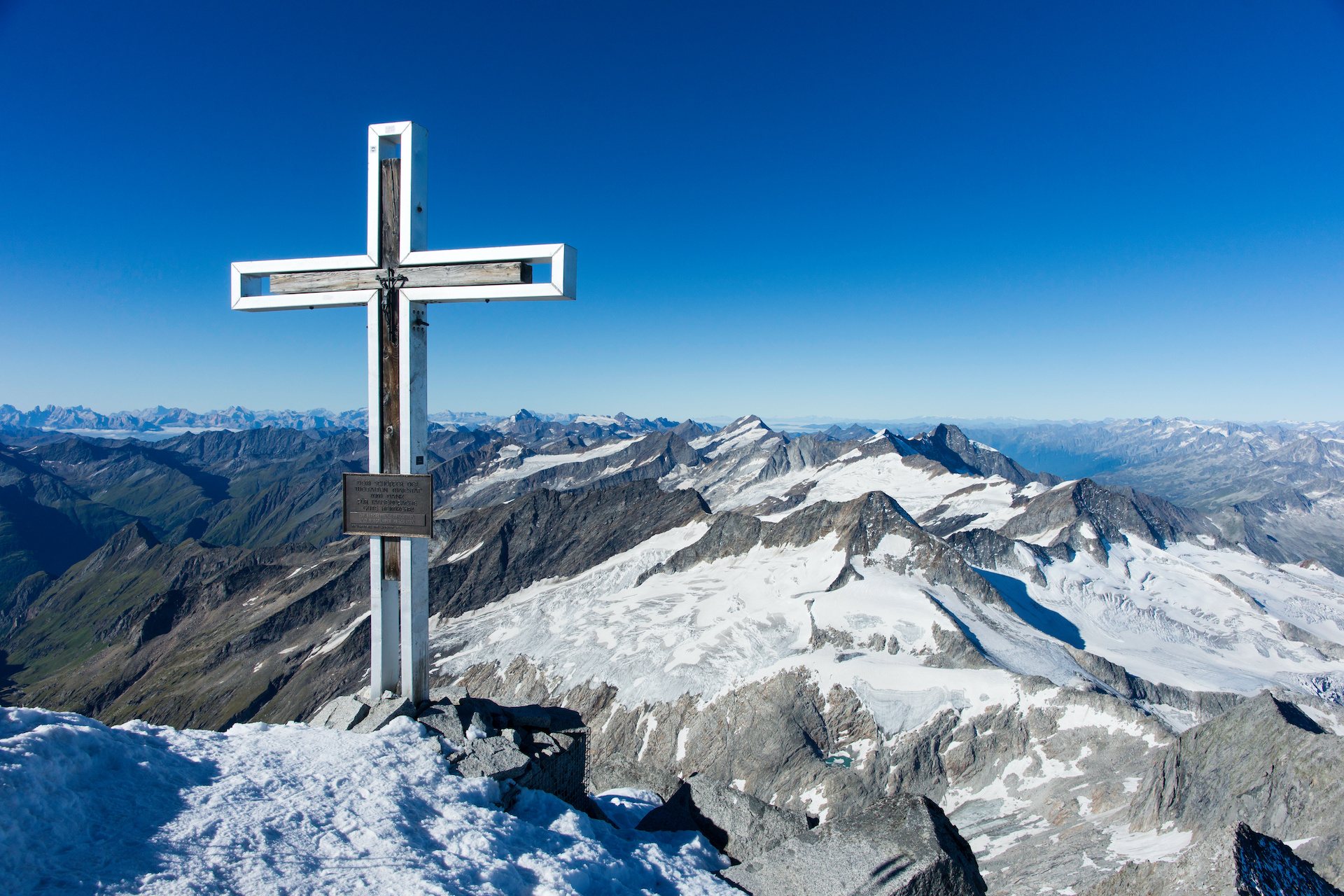
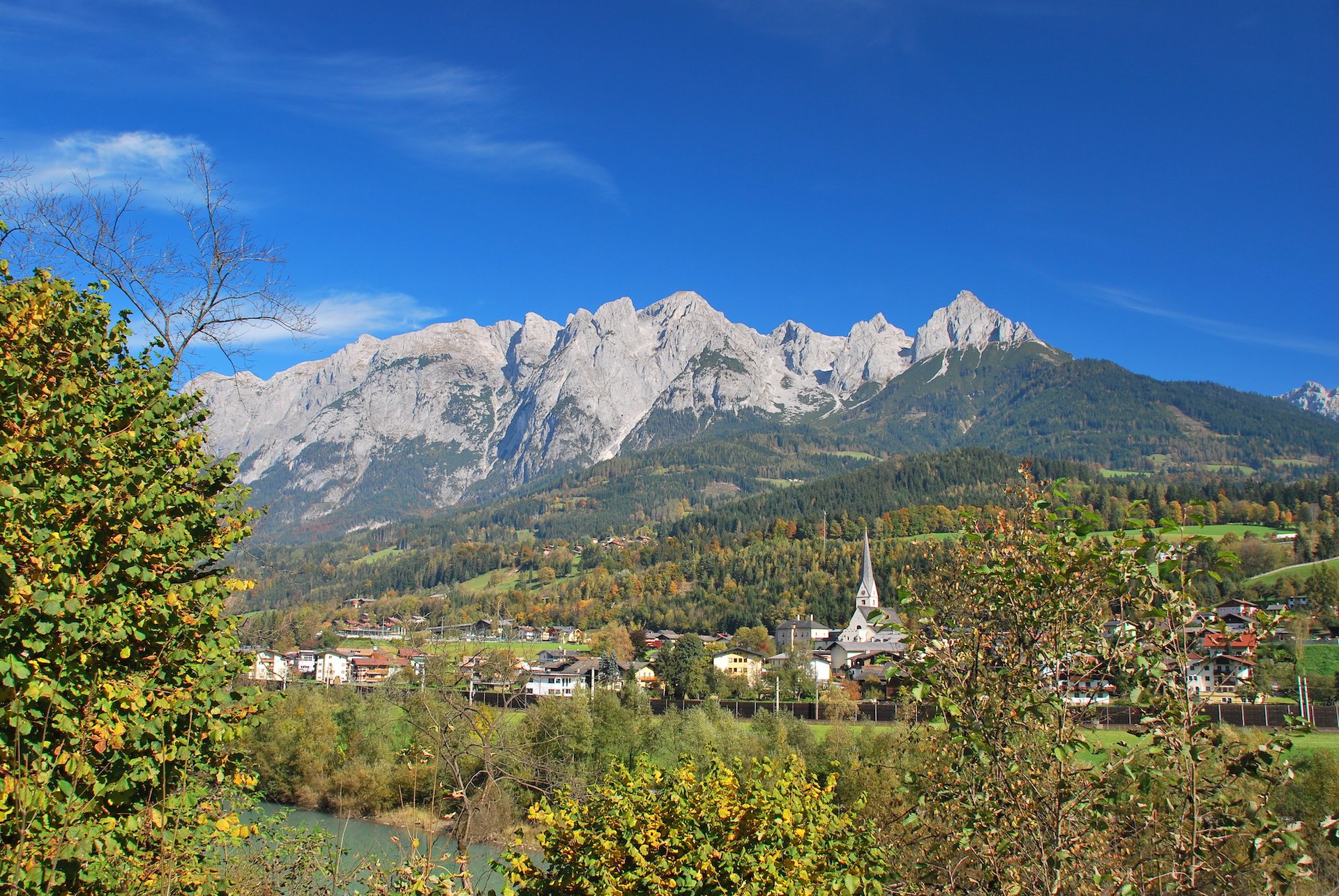
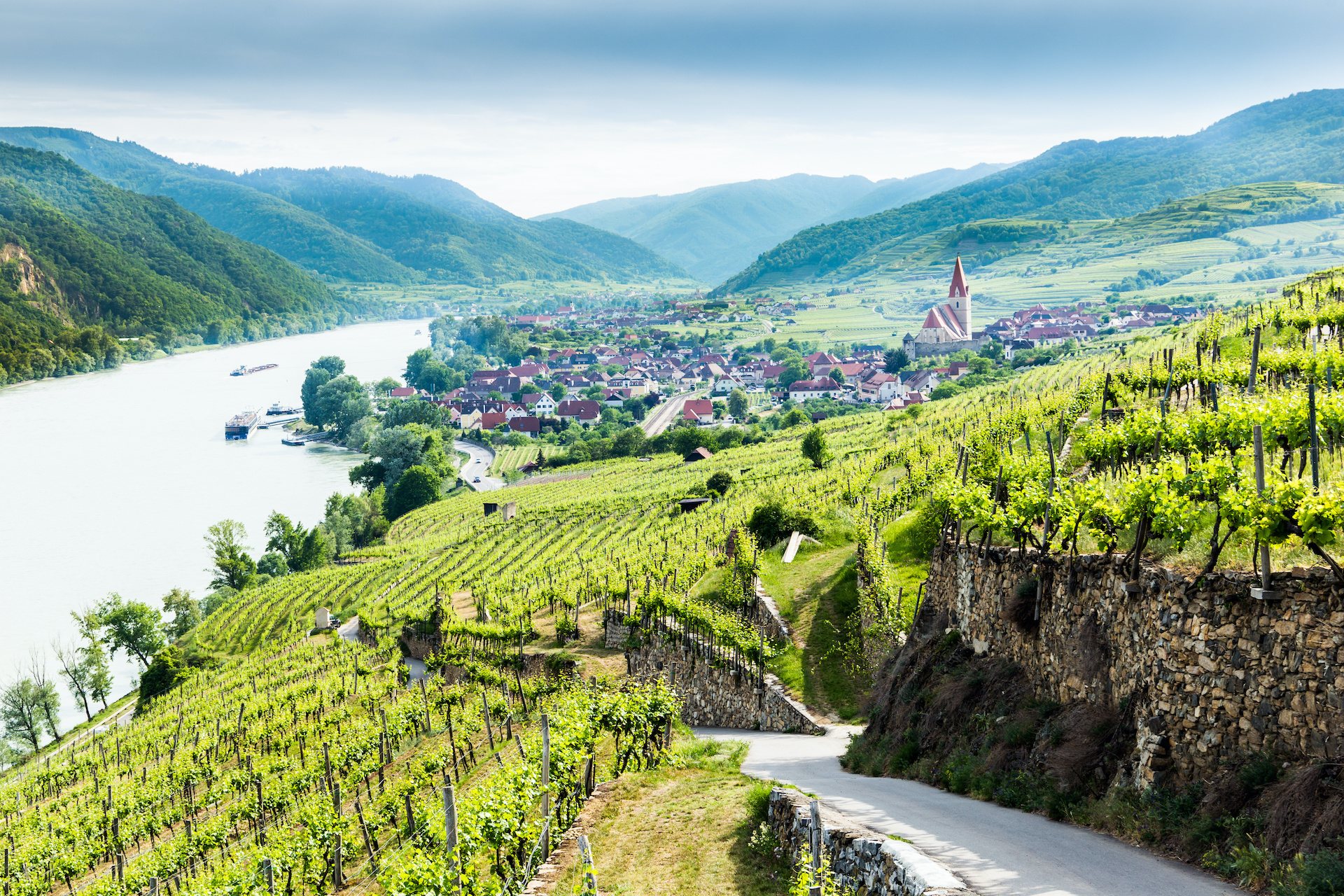
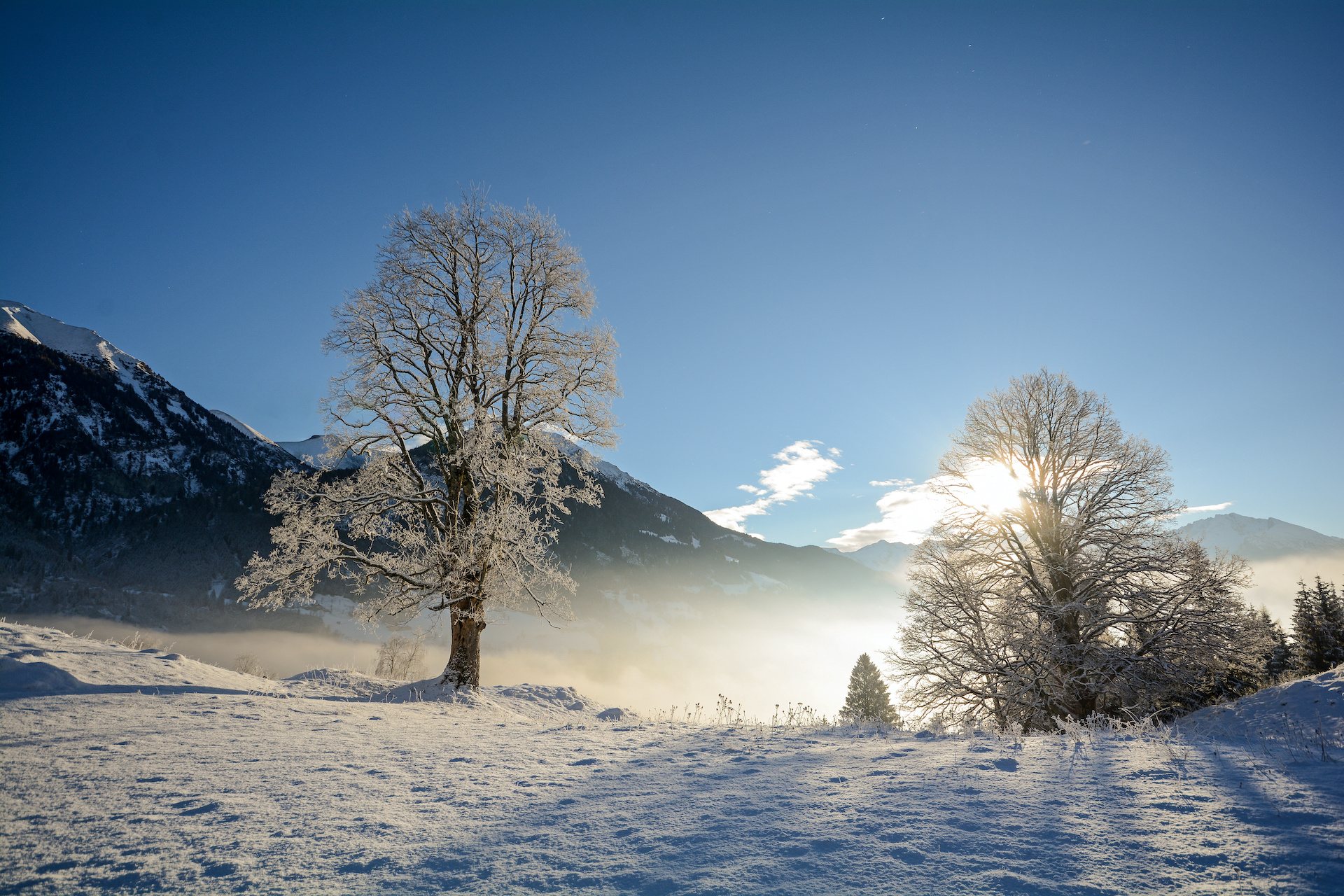
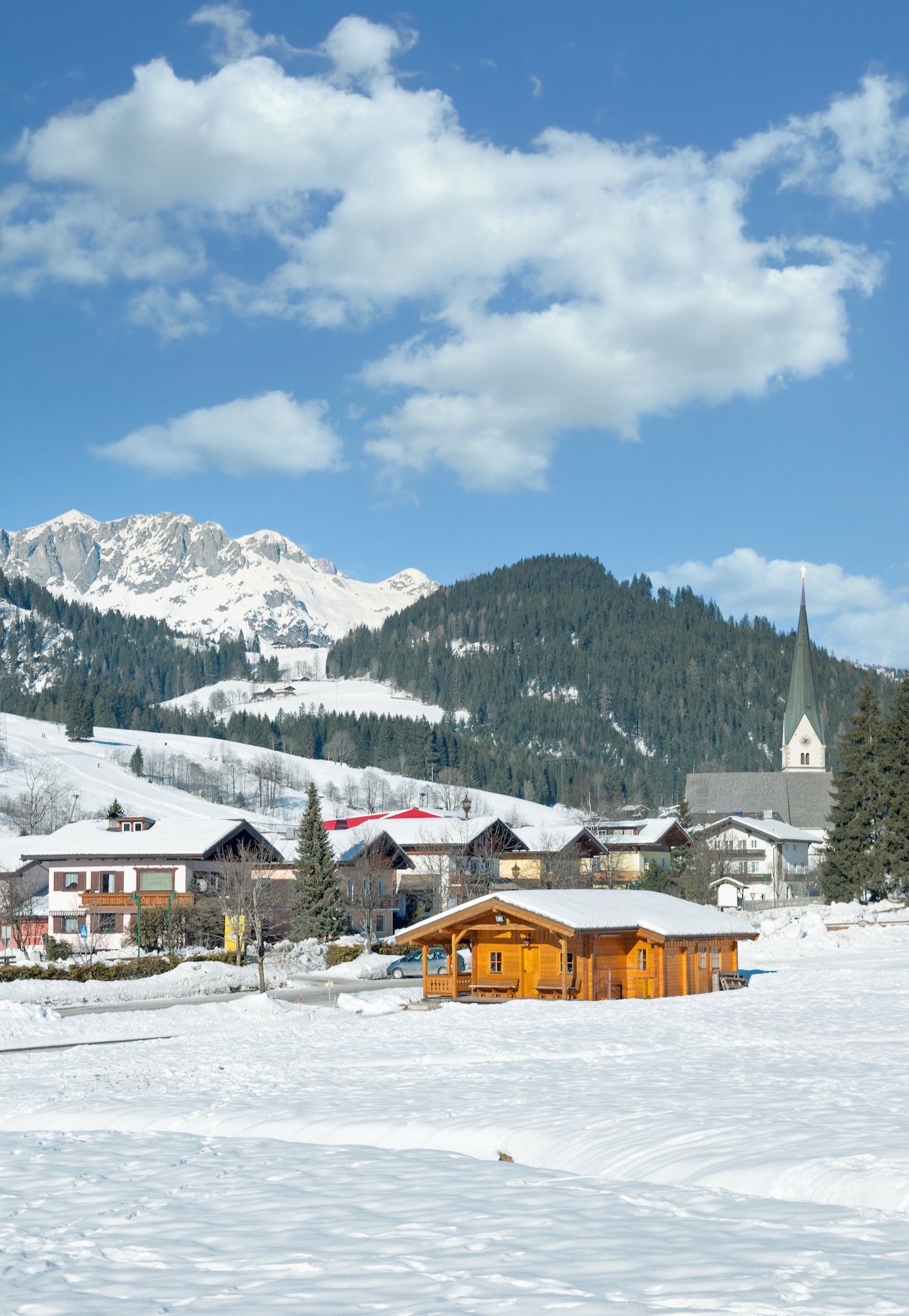
Vacation regions
in Austria
Vacation resorts
in Austria
Accommodations
incl. advertising entries